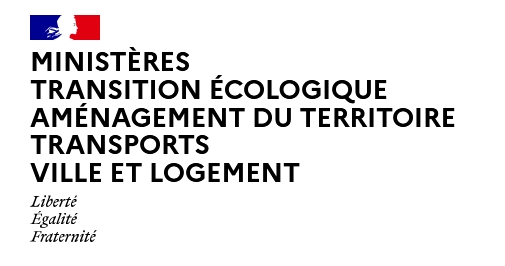RÉSUMÉ
Source : Site du projet
The project ChArMEx (Chemistry-Aerosol Mediterranean Experiment) aims at a scientific assessment of the present and future state of the atmospheric environment and of its impacts in the Mediterranean basin (NB: the generic term "chemistry" used hereafter implicitly concerns gaseous reactive species and aerosol particles). ChArMEx is one of the sister projects of the new regional multidisciplinary initiative “MISTRALS” from INSU and the federation of French Agencies ALLENVI, which aims at an understanding of the future of the Mediterranean region in a context of strong regional anthropogenic and climatic pressures. In this frame, the target of ChArMEx is short-lived (<~1 month) particulate and gaseous tropospheric trace species which are the cause of atmospheric pollution and have two-way interactions with climate.
Two examples illustrate our present poor knowledge of the regional chemistry-climate system in the Mediterranean region: (i) the Mediterranean background in tropospheric ozone remains very high despite an important decrease in anthropogenic emissions in Europe ; (ii) at the regional scale anthropogenic aerosol radiative forcing seems to dominate (with an opposite sign) the forcing by additional anthropogenic greenhouse gases, but the forcing by short-lived species is much more variable both in space and time, remains uncertain, and is not well taken into account in climate simulation.
Large international scientific programmes have addressed regional chemistry-climate interactions throughout the globe since about 15 years, with intensive field experiments. The French scientific community had an important or leading role in major international programmes (e.g. INDOEX and AMMA) and observation systems (e.g. AERONET and MOZAIC / IAGOS), and in smaller scale experiments (e.g. PYREX, ESCOMPTE, …). In the Mediterranean, several targeted programmes in the last two decades have addressed specific questions on air pollution and transport mechanisms (e.g. MECAPIP, PYREX, MEDUSE, ESCOMPTE, MINOS …). However, despite major expected climatic and anthropogenic changes in the Mediterranean and high levels of tropospheric loads in gaseous and particulate pollutants, especially in summer, we are still missing an integrated view of the environmental status of the Mediterranean atmosphere, of its impacts on the regional climate, and of their recent and possible future evolution. In addition, no background Mediterranean atmospheric observatory was established yet in the western Mediterranean basin. The French ChArMEx initiative proposes to set up a coordinated experimental and modelling international effort based on most updated tools, for an assessment of the regional budgets of tropospheric trace species, of their trends, and of their impacts on air quality, marine biogeochemistry, and regional climate. It is proposed to focus experimental campaigns in the western basin in a first phase of the programme and to shift towards the eastern basin afterwords.
